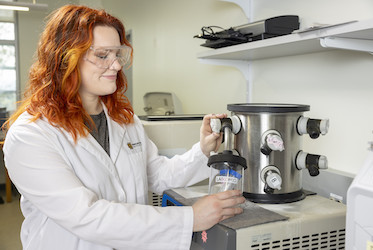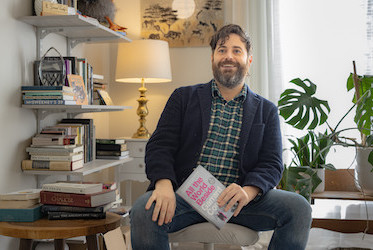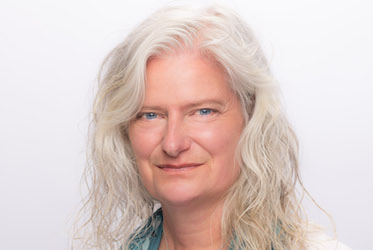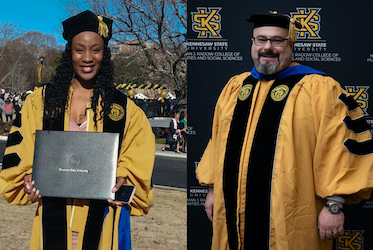
Researching Hope
KENNESAW, Ga. | Jul 25, 2019
Graduate inspired to start career in neuropsychology
When Christina Walthers graduated from high school, she knew two things: she wanted to go to Kennesaw State University and she wanted to get a degree that would enable her to help people. It wasn’t until life threw her a shock – her mother diagnosed with early-onset Alzheimer’s disease – that she discovered her path.

Growing up, she always knew she wanted to find a way to care for people who were hurt. When she began her university career, she planned to become a trauma doctor to help people recover from injuries. A course on careers in psychology, however, made her begin to think about other ways to help people.
It was during her second year at Kennesaw State when her mother’s diagnosis was confirmed. For Walthers, this moment solidified her plan to become a neuropsychologist to help others dealing with similar diagnoses. She changed her major to psychology and added a minor in statistics.
“Neurologists look at a brain scan and point to damaged areas, perform surgery and potentially repair those areas,” Walthers explained. “In neuropsychology – we don’t start with brain scans; we have a neuropsychological assessment.” For Walthers, the assessment is a vital part of why neuropsychology matters to her.
“Things like early onset Alzheimer’s show up in assessments and in talks with neuropsychologists,” Walthers said. “If you score on the assessment then you can go on to a neurologist, but that assessment is the starting point.” She plans to work on creating her own assessments and one day run her own practice helping others.
She’s been with her mother as much as possible, watching the work involved. “My mother has been in a lot of clinical trials and I’ve had the opportunity to watch the work that goes into those. There’s a lot of logistics and assessments that have to be completed,” she said. The combination of data and psychology presented the ideal fit for Walthers, a way to use statistics to help people.
Research has already become a focus for Walthers. Presenting at the annual Analytics Day, she worked with Susan Hardy, senior lecturer of statistics, to analyze data from almost 2,000 Alzheimer’s patients to identify what effect gender, marital status, level of education and more has on the age of diagnosis as well as lifespan after diagnosis.
She has also done field work gathering information through hands-on experiences in a second research project with Allison Martin, assistant professor of psychology.
“I am working with Dr. Martin to try to improve the welfare of shelter dogs. We’re looking to see what effect visual contact with other dogs has and if that can help dogs get adopted quicker,” she explained. The pair will be presenting their findings at Psychology Undergraduate Research Conference in October.
Walthers has blazed through her coursework at Kennesaw State, finishing in just over three years, but now she plans to take a year off from school. She’ll begin work full time with a local neuropsychologist, getting some hands-on experience before she attends graduate school.
For Walthers, Kennesaw State has been a place of hope, research and building a future. “There’s nothing I haven’t loved about my time here,” she said. “At KSU, I’ve grown a foundation to really make a difference in the future.”
Related Stories
A leader in innovative teaching and learning, Kennesaw State University offers undergraduate, graduate and doctoral degrees to its more than 45,000 students. Kennesaw State is a member of the University System of Georgia with 11 academic colleges. The university’s vibrant campus culture, diverse population, strong global ties and entrepreneurial spirit draw students from throughout the country and the world. Kennesaw State is a Carnegie-designated doctoral research institution (R2), placing it among an elite group of only 7 percent of U.S. colleges and universities with an R1 or R2 status. For more information, visit kennesaw.edu.



















